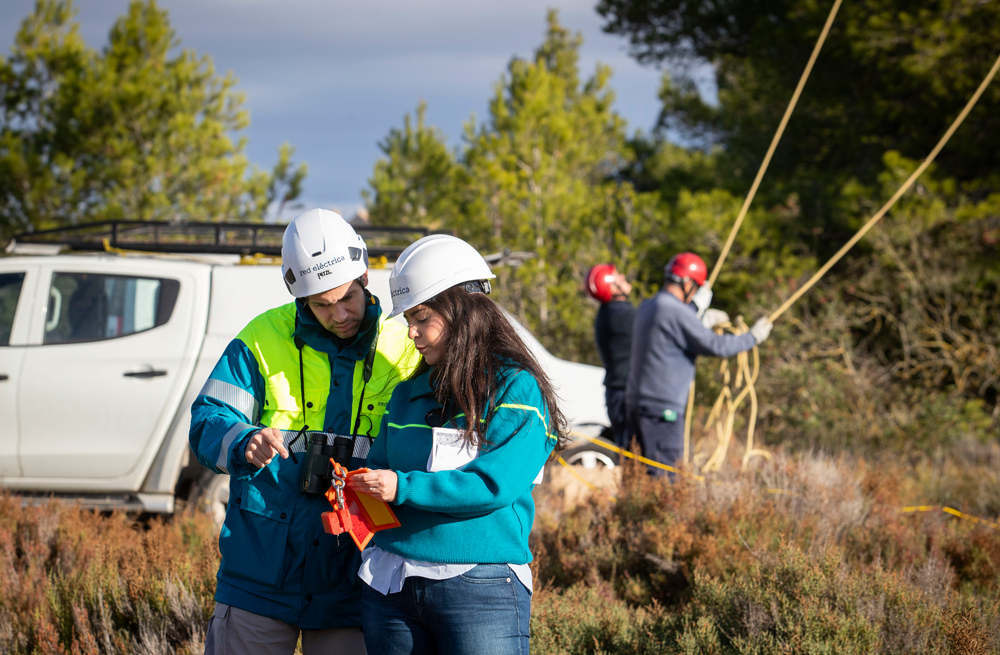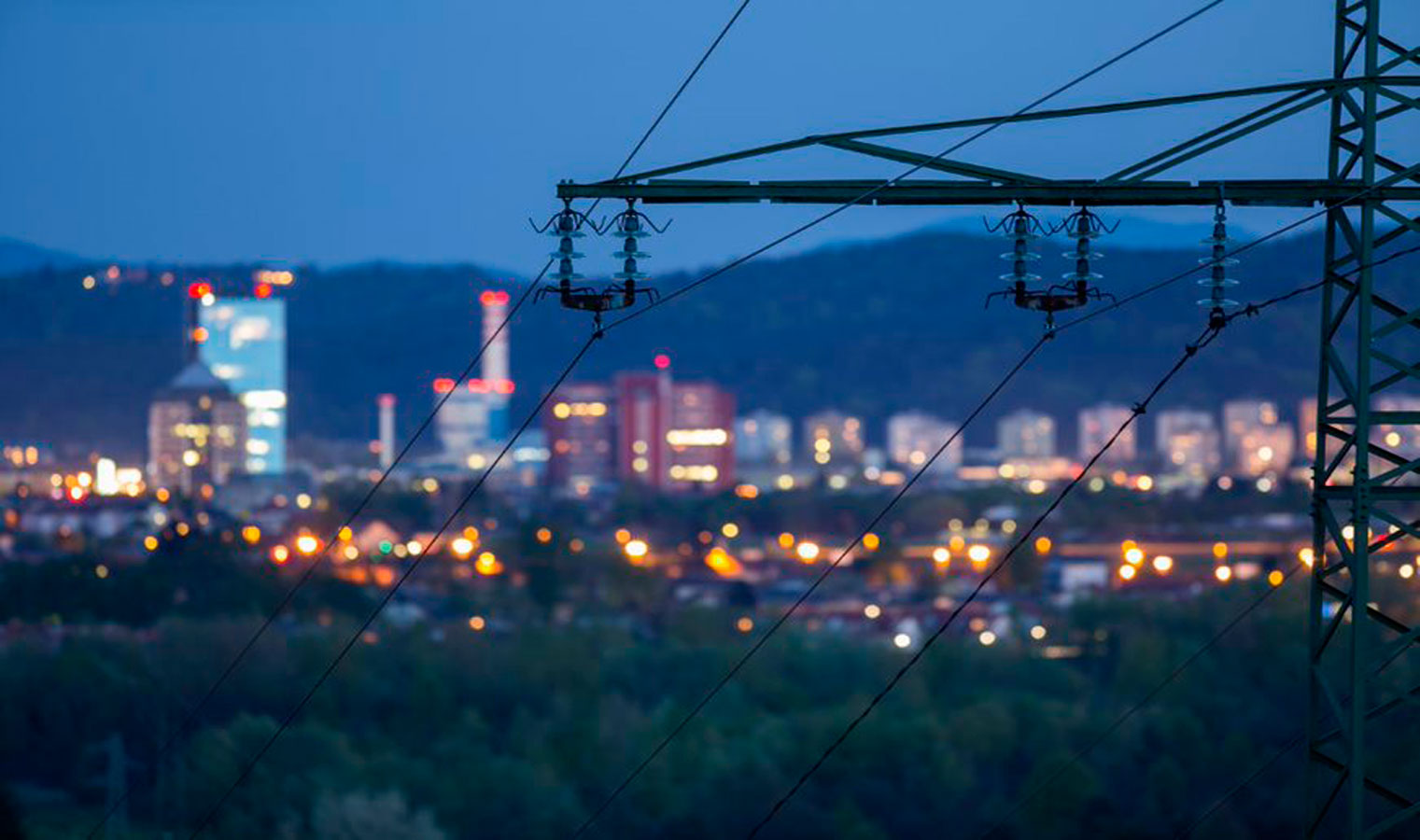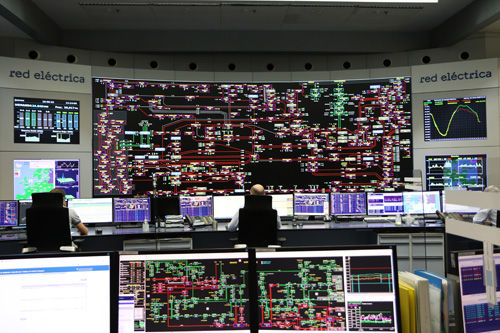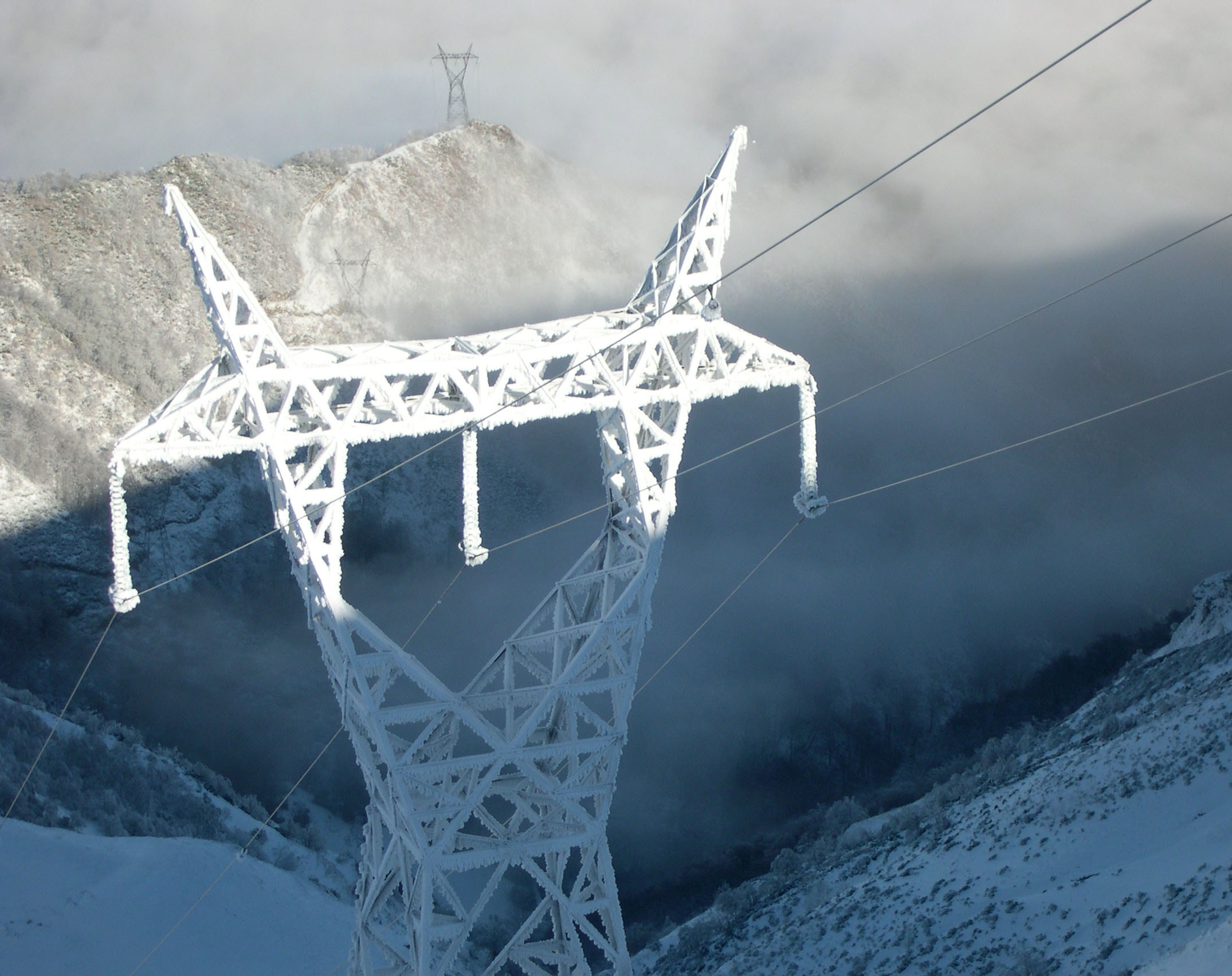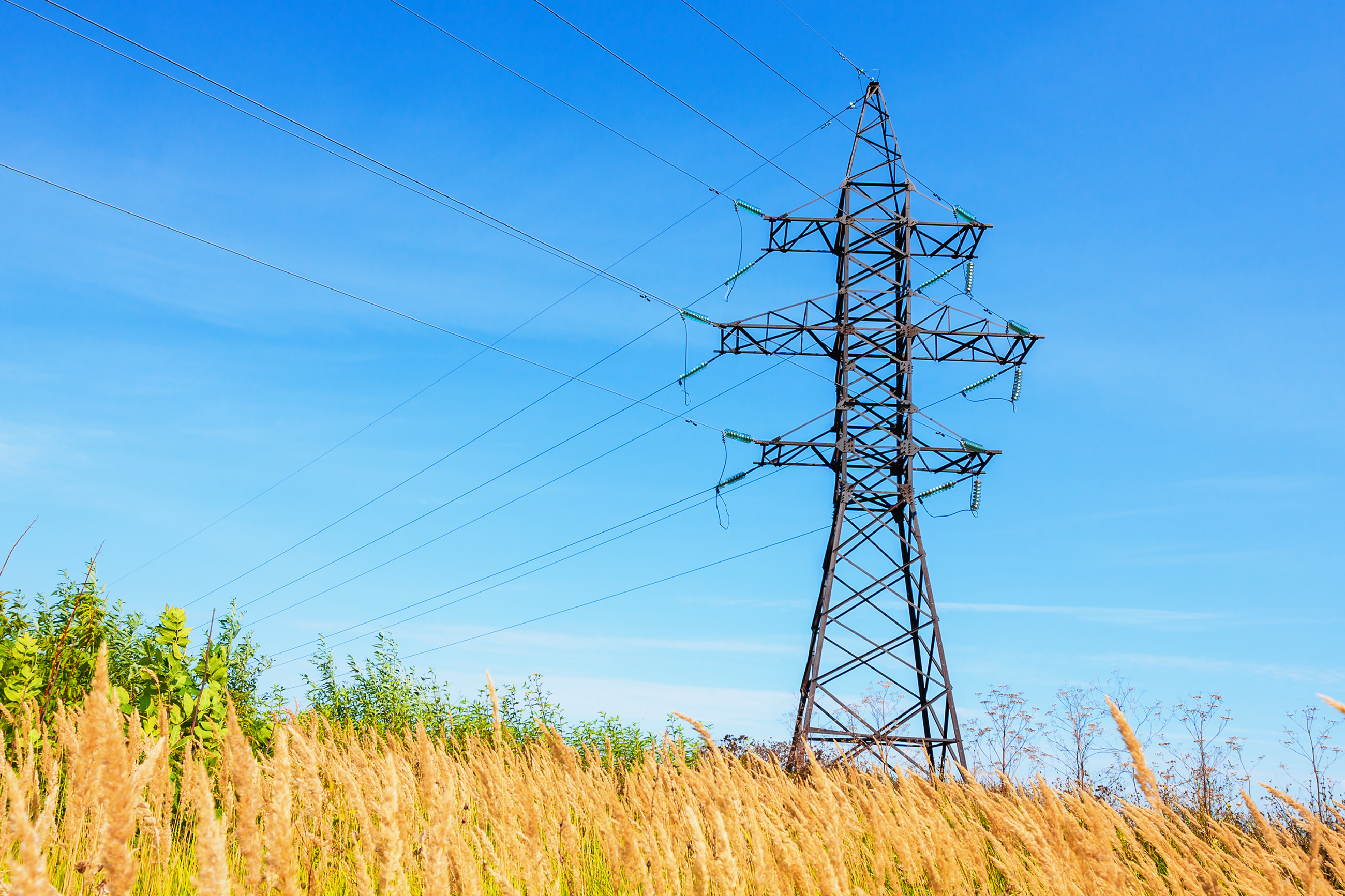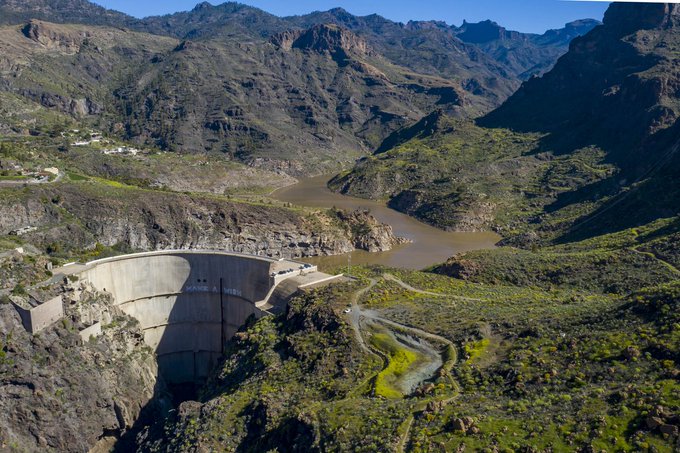Discover what Red Eléctrica is, what we do, and why we are the backbone of the electricity system in Spain and the ecological transition.
82% of the Red Eléctrica Group's activity is environmentally sustainable, according to the Taxonomy of the European Union
- The Company has increased its investment by 11% in initiatives for the protection of biodiversity, conservation of natural capital, socio-economic development, education, welfare, health, art and culture.
- It also plans to generate opportunities for 20,000 people by 2022 through projects against gender, territorial, generational and digital inequality in 500 villages.
- Last year it reduced its Scope 1 and 2 emissions by 43% compared to 2015 and almost 81% of the energy it consumed was from renewable sources
81.8% of the net turnover of the Red Eléctrica Group is sustainable from an environmental point of view, as it contributes to the achievement of European climate change mitigation objectives. This is reflected in its Sustainability Report 2021, in which the company reports its non-financial information in accordance with the European Union's Taxonomy Regulation. According to this Regulation, the activity of electricity transmission, specifically the construction and operation of very high or high voltage systems contributes to mitigating global warming.
In its Sustainability Report, the Group provides information on the initiatives with a positive social impact which were carried out in 2021. Specifically, the company allocated 35.4 million euros to 495 projects for the protection of biodiversity, conservation of natural capital, socio-economic development, education, welfare, health, art and culture. Of these, 8.5 million euros were allocated to social projects and 26.9 million to environmental initiatives –including the Red Eléctrica Forest, which now totals 736,000 trees and 915 hectares. All the above figures reflect an 11% increase in its socially responsible investments and its commitment to a fair and inclusive energy transition.
"As a company that is an ally of the country in sustainable, fair and inclusive development, Red Eléctrica's objective is to build networks that offer life opportunities for the territories through which they pass. For this reason, in our projects we prioritise and guarantee the protection of our ecosystems, one of our greatest assets, and that is also why we are developing creative and innovative projects that contribute to reducing inequalities", says Beatriz Corredor, the Group's chairwoman.
The company continues to work in this direction and will deploy 11 lines of action of social innovation this year with which it plans to improve the quality of life of 20,000 people and 500 municipalities in rural Spain. The projects seek to reduce four inequalities: digital, generational, gender and territorial.
Firstly, the Group is developing initiatives against the digital divide in terms of access and skills, given that the exercise of fundamental rights is now inseparable from digital rights.
Secondly, it is acting against child poverty and youth unemployment and designing projects that will favour the training of young people in fields of the energy transition that will generate abundant employment in the coming years.
The initiatives promoted by Red Eléctrica will favour, thirdly, gender equality and the integration of women into the labour market; and fourthly, they will promote local development, natural capital, energy transition and the culture of rural communities.
All these projects contribute to achieving the United Nations Sustainable Development Goals, the Plan of Measures adopted by the Ministry for Energy Transition and the Demographic Challenge, as well as the Strategic Plan 21-25 of the Group and its sustainability objectives for 2030, which include ensuring that 100% of the people around its facilities have an internet connection, generating a positive net impact on natural capital and empowering society to actively participate in the energy transition process.
Lower emissions and more ambitious global warming targets
In the environmental sphere and with respect to its contribution to the fight against climate change, the Sustainability Report of the Red Eléctrica Group reflects the progress made by the Company in areas such as energy consumption –80.6% of the energy it consumed was from renewable sources– and as for reduction of emissions –it reduced its scope 1 and 2 emissions by 43% compared to 2015.
"We are taking bold and important decisions to reduce our emissions and to align ourselves with the objectives set at international, European and national level", said Beatriz Corredor in reference to the Paris Agreement, the Green Pact, the Fit for 55 programme and the Integrated National Energy and Climate Plan. She also pointed out that, with a view to remaining a pioneering company in environmental sustainability, Red Eléctrica will reduce its scope 1 and 2 emissions by 55% in 2030 compared to 2019, as well as its scope 3 emissions by 28%.
Second issue of green bonds by Red Eléctrica for an amount of 600 million euros
Among other news, the report includes information on the second green bond issue made by the Group, specifically for 600 million euros, as well as on the update of its Green Financial Framework. The company thus aligns itself with the standards of the European Union, both its current proposal for a Green Bond standard and the Taxonomy, which classifies the activity of high-voltage electricity transmission as an activity that contributes to the mitigation of climate change.
Quality information, according to the Reporta 2021 report
For yet another year, the Sustainability Report of the Red Eléctrica Group remains in the top five positions of the Reporta report, which studies the quality of the information offered by the companies included in the General Index of the Madrid Stock Exchange.
The document provides exhaustive information on the management and performance of the company in sustainability matters, including the latest reporting trends. It also provides a clear, concise, and comparable reporting framework for the risks and opportunities arising from the climate emergency, improving investors' understanding of its impact on the business strategy and value creation model.
It adheres to GRI (Global Reporting Initiative) standards and the SASB (Sustainability Accounting Standards Board) reporting framework and fully integrates the reporting recommendations of the Task Force on Climate-related Financial Disclosures, created by the Financial Stability Board, as well as the requirements of the Climate Disclosure Standards Board (CDSB) framework.
